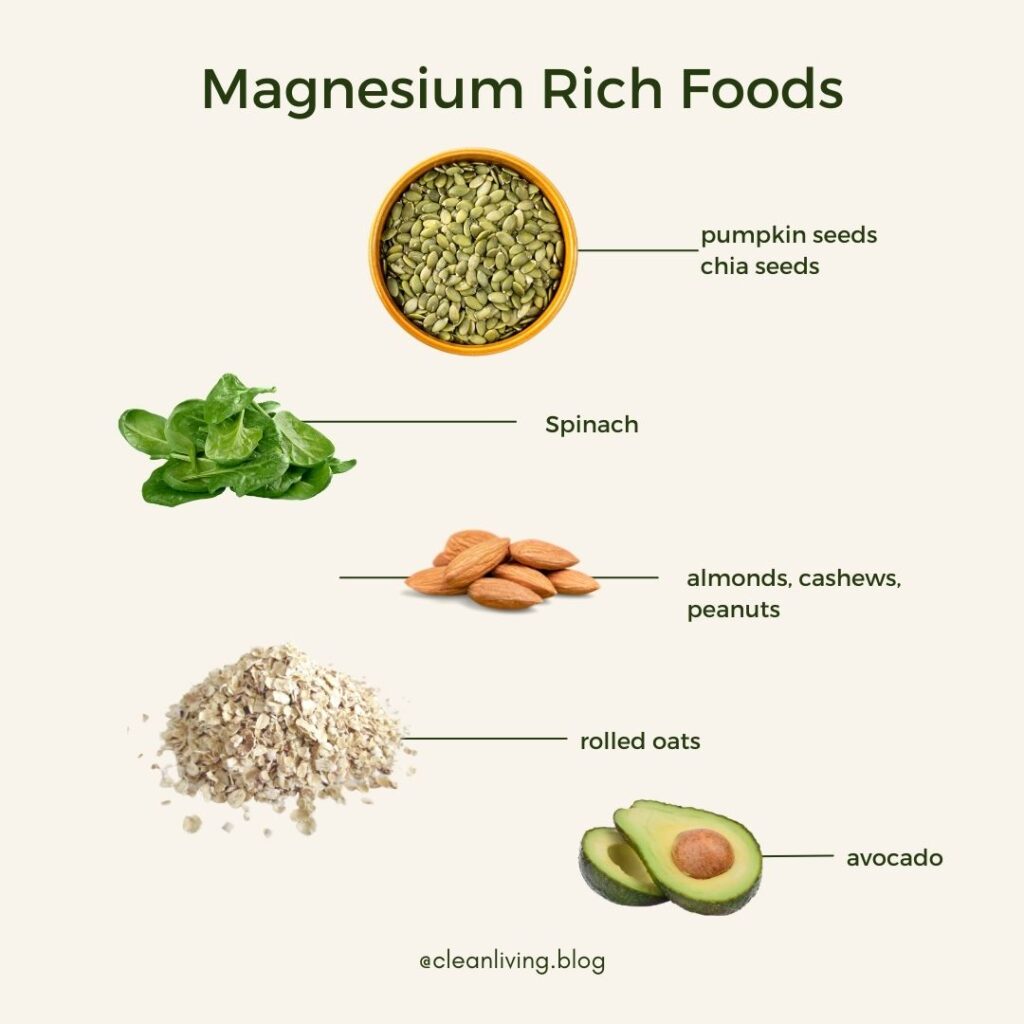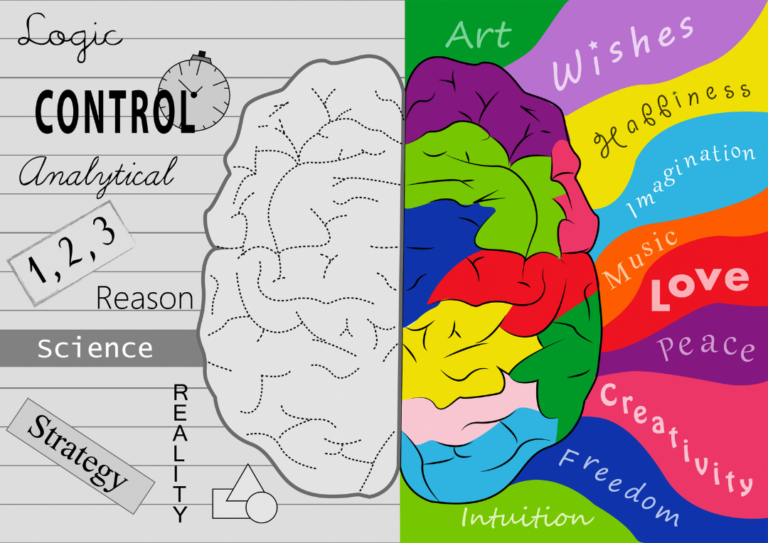My hero: Magnesium
…what most of us really are deficient in
Introduction
My unsung hero in life, in terms of supplements, is Magnesium. Magnesium is a crucial mineral that plays an essential role in various bodily functions, but the majority of us are deficient and this shows up in issues like: depression, infrequent bowel movements and anxiety. As soon as I started using magnesium, my digestive system was regulated, and I felt so much better.
Magnesium is also important for regulating muscle and nerve function, blood pressure, protein synthesis, and energy production. Despite its importance, over 50% of adults do not consume enough magnesium from their diets alone.

Benefits of Magnesium
- Promotes Heart Health: Magnesium supplements have been found to reduce the risk of heart disease by controlling high blood pressure levels and lowering inflammation.
- Boosts Mood: Studies show that people with depression often have low magnesium levels. Supplementing with the mineral can improve mood and reduce symptoms of depression.
- Relieves Anxiety: Magnesium has calming properties that help relieve anxiety symptoms such as restlessness and insomnia.
- Supports Bone Health: A significant percentage of the body’s magnesium is stored in bones, so adequate intake helps build stronger bones and prevent fractures.
- Regulates Blood Sugar Levels: Magnesium plays a vital role in insulin sensitivity making it useful for managing type 2 diabetes.
Types of Magnesium Supplements
When it comes to different types of magnesium supplements for middle-aged people, here are three best options:
- Magnesium Citrate – This type is commonly used for constipation relief because it draws water into your intestines which makes stool softer easier to pass through.
- Magnesium Glycinate – Known as one of the easiest forms for the body to absorb due to its chelated form (bound with an amino acid). It’s also perfect if you need help sleeping or getting rid of muscle tension
- Magnesium Threonate – This form offers excellent brain support because it can penetrate cell membranes within the brain increasing cognitive function helping with memory loss or aiding patients with dementia.
When it comes to choosing the best magnesium supplement for depression, magnesium glycinate is often recommended. This type of magnesium has been shown to have a calming effect on the body and mind, making it useful for easing symptoms of anxiety and depression.
Magnesium glycinate is easily absorbed by the body because it’s bound with an amino acid called glycine. Additionally, this form of magnesium doesn’t typically cause gastrointestinal side effects such as diarrhea or cramping compared to other types like Magnesium citrate.
Foods with Magnesium
If you prefer to add or increase certain foods to your diet, whilst using supplements occasionally, here are some great foods that are packed with magnesium:

In conclusion, while getting adequate vitamins from food should always be prioritized, supplementing your diet with different types of magnesium could offer you various health benefits. However there are no official guidelines on dosage amount so you should always check with your healthcare provider before starting any supplement regimen.





